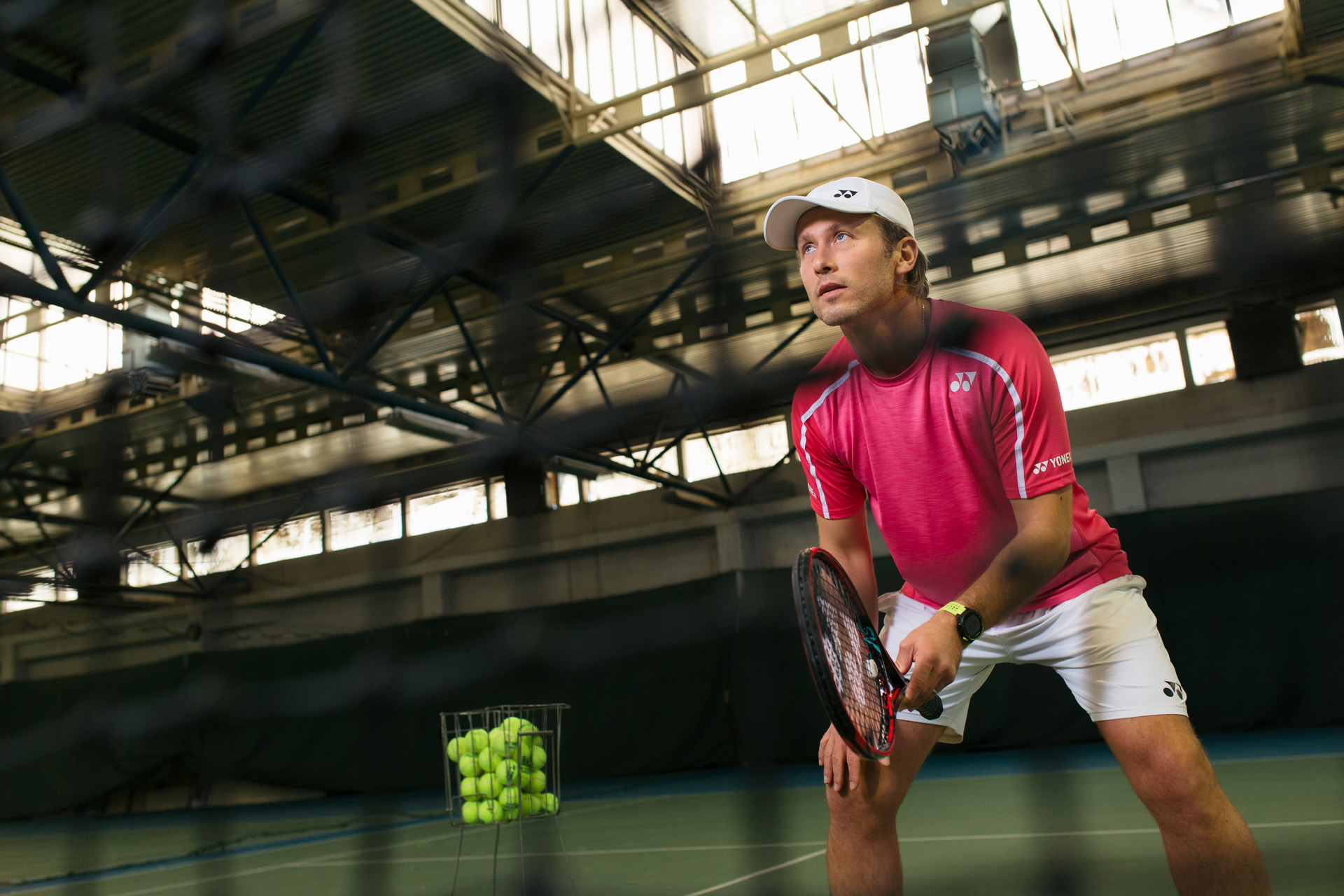
01 May Tennis, the toughest mental sport?
People often say “tennis is a mental game” and many sports psychologists agree with that. It may sound unfair to say that tennis is the toughest mental sport because every sport is demanding in its own way and in each of them we can find one or two things that make it more difficult than the other. But, when we talk about mental toughness in sports, tennis is the sport we turn to. One of the world’s leading experts on that subject, Dr. Jim Loehr, who worked with athletes in different sports, wrote an interesting review about this. When you look at all relevant factors in tennis (listed below), it becomes clear why tennis could indeed be considered the most difficult mental sport in the world:
(from the book: ‘The Mental Game’)
1. Tennis is an individual sport. Individual sports generally produce more pressure than team sports for participants.
2. There are no substitutes and no timeouts. No one can take your place momentarily until you get yourself together.
3. There is no coaching. Except for Davis and Fed Cup and once per set on a WTA tour. Most of the time, no one can help you during the match. You are truly alone.
4. You face a real physical opponent. Unlike in many individual sports, such as gymnastics or figure skating, you are in direct combat with another person. Even if we compare it to athletics or skiing, where you face an indirect opponent, everybody is racing against time or centimeters. The face-to-face direct interaction with an opponent adds enormously to the pressure dynamics.
5. The scoring system means you are never safe. You cannot build a big lead and wait for the clock to run out. There is no clock, hence you are always vulnerable.
6. The length of the matches and varying conditions can be exhausting. The pressure dynamics of having to concentrate for such extended periods of time are extraordinary. Subtle changes in wind, temperature, lighting, court surface, noise and altitude can have a pronounced effect on the physics of the game and create significant emotional obstacles.
7. There is nowhere to hide. Tennis creates a dramatically visible arena where everything you do and say is public business. When things start to fall apart, everyone knows.
8. Parents are overly involved from the start. Because of the complex nature of the game and significant dollars and time required for success, parents get overinvolved very quickly. Only a few factors produce more lethal pressure on players, young players, than that generated by parents.
9. Self-esteem is squarely on the line. To achieve elite status in tennis, players must start early and devote a significant portion of their life to the game. It becomes extremely difficult for players to separate who they are from how they are doing. It is less likely for them to maintain ‘this is just a game’ perspective.
Find more of my coaching philosophy on my Facebook, Twitter, Linkedin, and Instagram pages.

